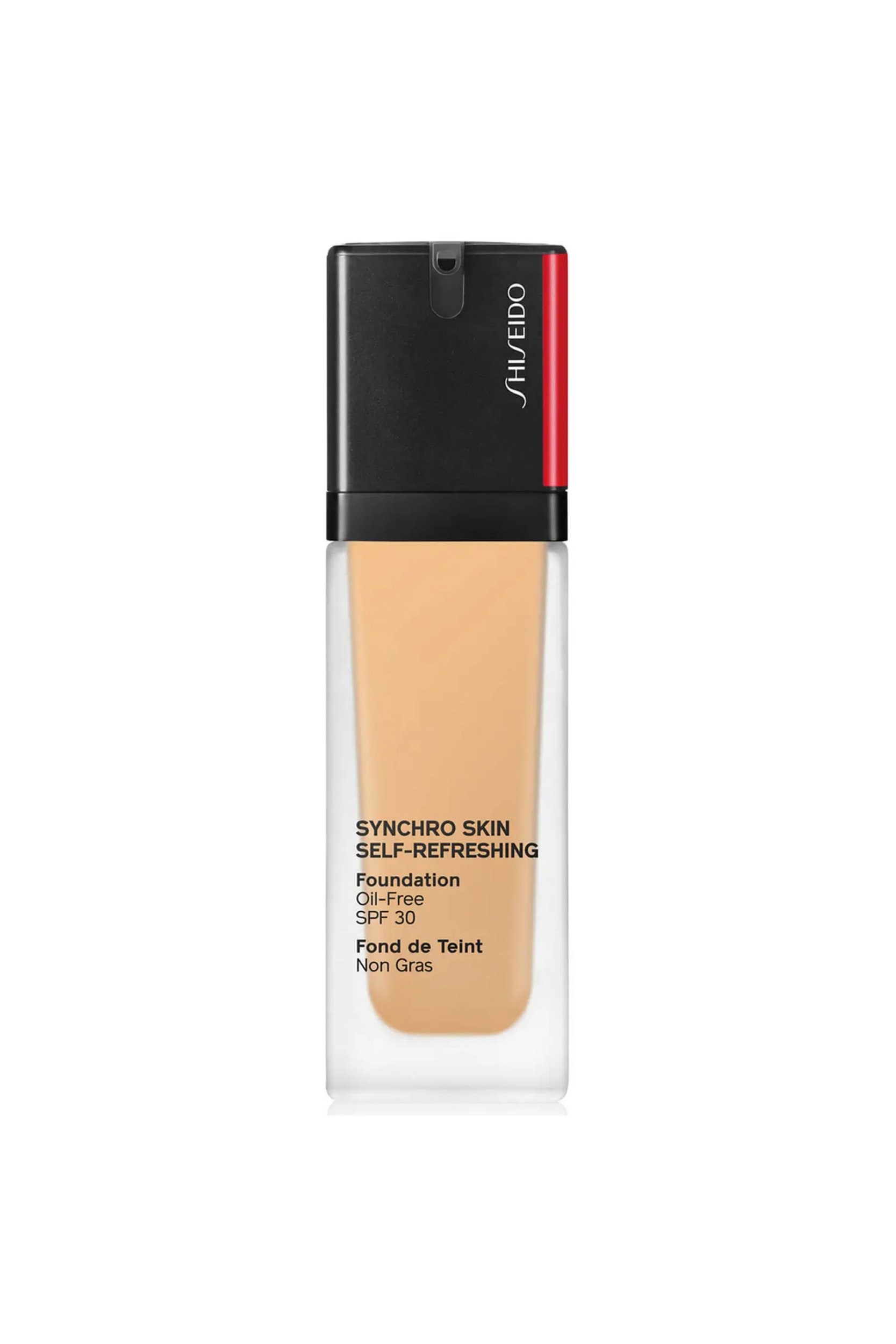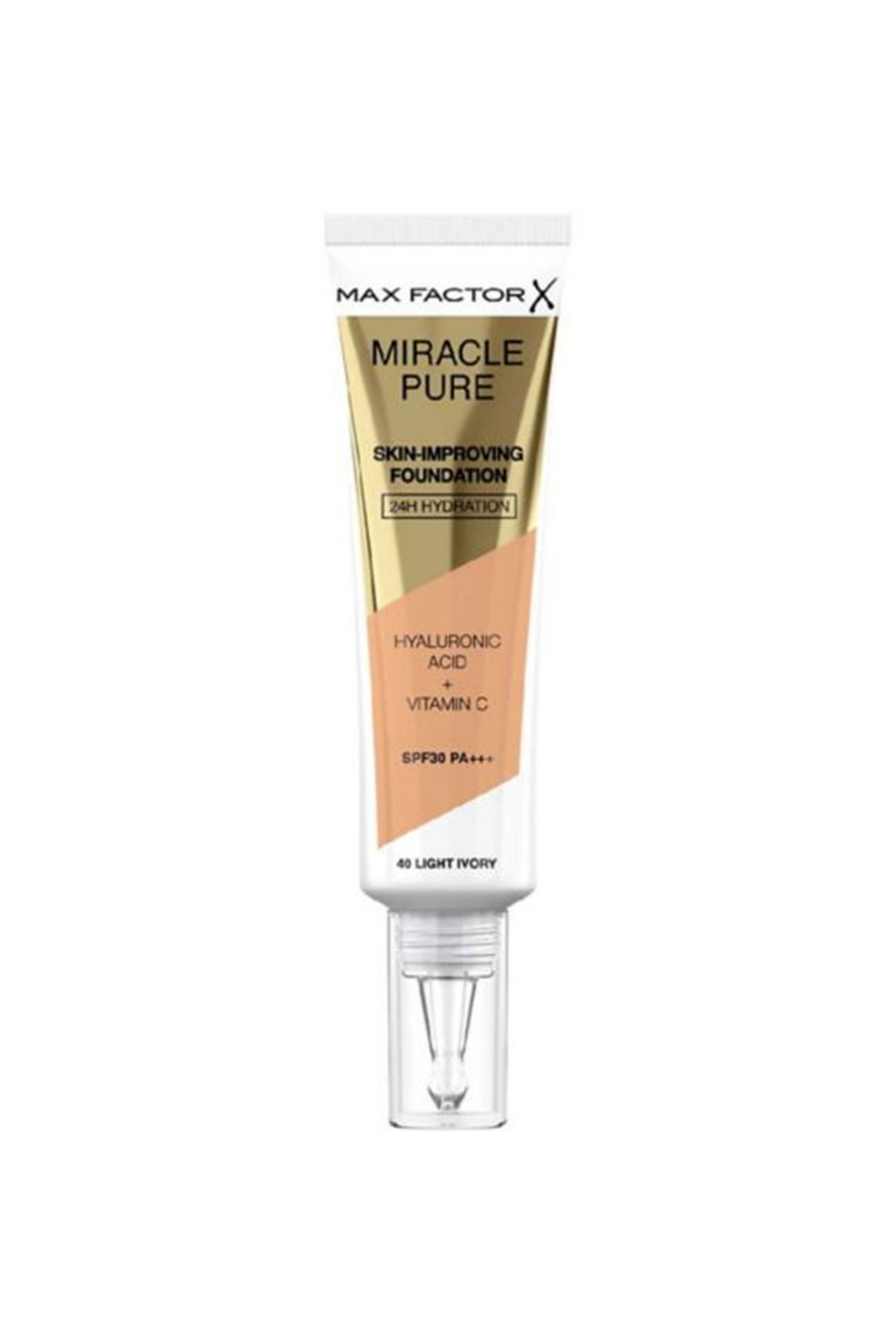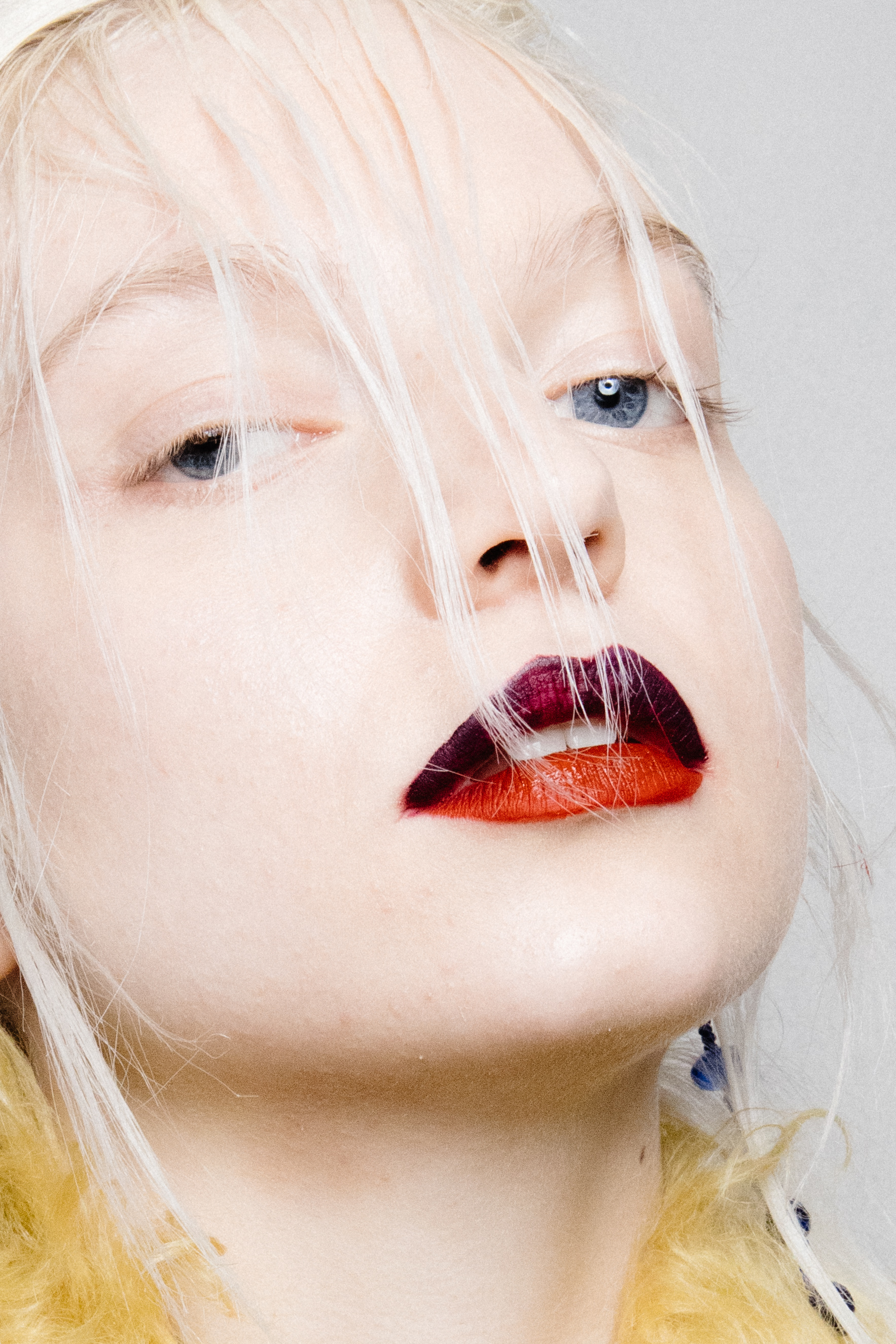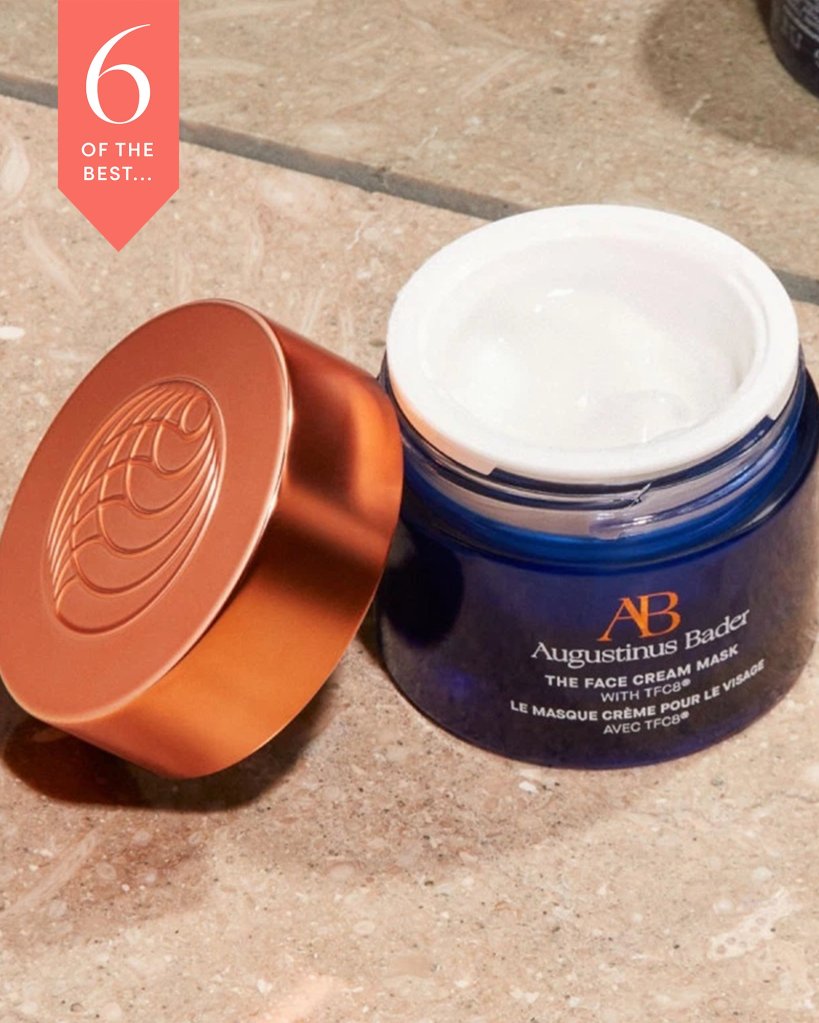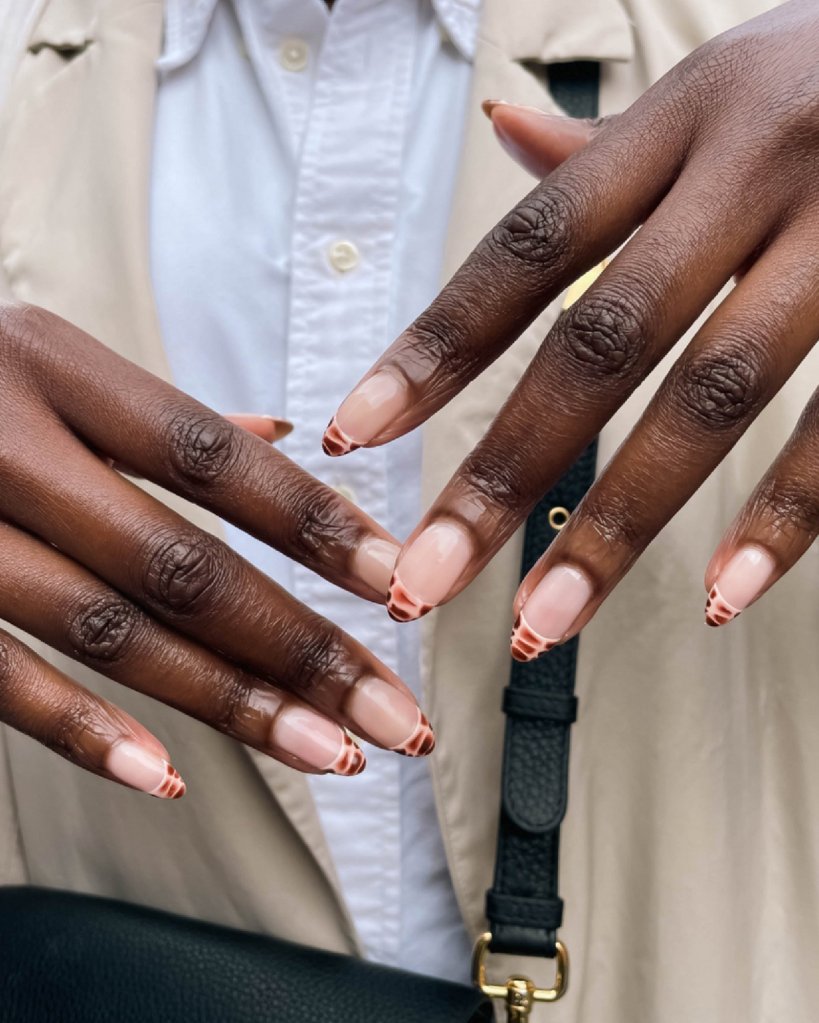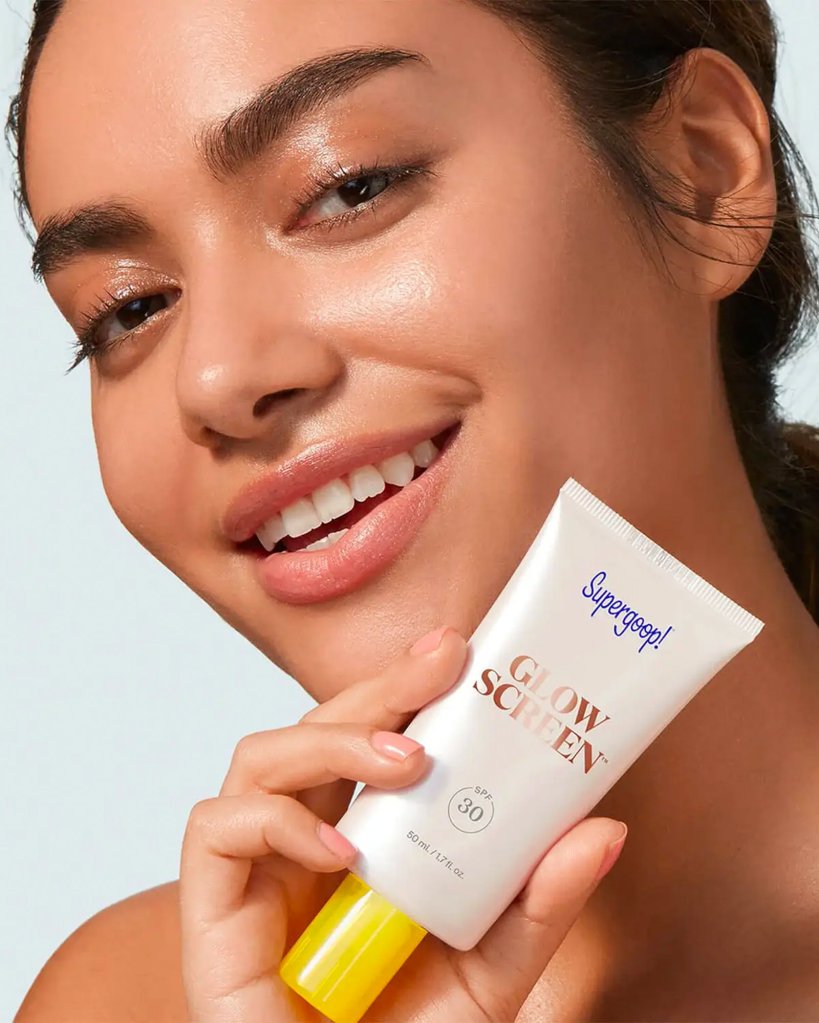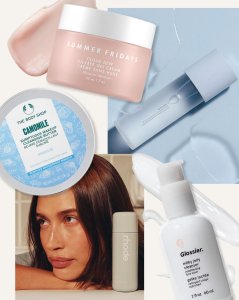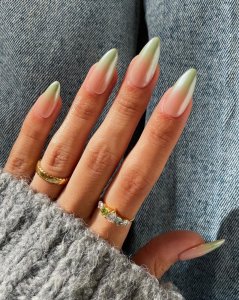Demystifying ingredients, clarifying how to apply products and revealing everything you’ve always wanted to know about skin types; Eliza Explains will help you become a beauty pro.
I’m a sucker for a ‘glowy’ foundation launch. Show me a dewy ad campaign, swatch me a base promising lit-from-within skin, drop in that it’s ‘barely there’ and I’m already adding to basket. The thing is, despite hankering after the light and luminous foundations that populate beauty aisles and Insta feeds, I know deep within me that they rarely deliver on their beaming promises. Not because they’re bad (although, there are of course some clangers about), but because they don’t suit my skin type. They’re the ones that I want, but not the ones that I need. Less glow, more grease and excess oil.
Perhaps you’ve faced the same oily conundrums or maybe your latest foundation has gone a bit flaky and you’re not sure why. It could be that you’ve been searching high and low for the perfect foundation for your skin type and it’s yet to reveal itself. However, you arrived here, allow me to play base matchmaker. If you WLTM products that’ll partner beautifully with your skin type, read on.
More about foundation
- The best foundation hall of fame formulas I will never stop using as a beauty editor
- The best foundation for oily and acne-prone skin, recommended by dermatologists & skincare experts
- The hall of fame BB creams to reach for if you absolutely hate wearing foundation
- The best lightweight foundations for a natural finish perfect for those ‘in-between’ days
What’s the best type of foundation for oily, acne prone skin?
Sebum, a mixture of naturally occurring waxes, fatty acids and sugars produced by your sebaceous glands, helps to protect and moisturise your skin. It’s often simply referred to as ‘oil,’ and if you’re in the oily skin camp, it might just be that you have too much of a good thing.
When sebum production revs up, sebaceous glands can become blocked, often resulting in breakouts and blackheads, not to mention a midday (*9:30am) sheen.
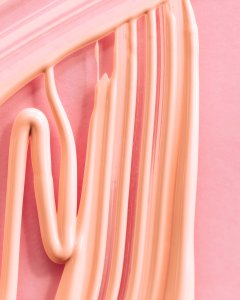
Which foundations to avoid for oily skin?
Swerve oil, wax and cream-based foundations and instead choose liquid, gel or powder formulas that are labelled as ‘non-comedogenic,’ meaning that they’re less likely to contain heavy oil-based ingredients that could clog your pores. ‘Non-comedogenic’ isn’t a regulated term in makeup or skincare circles, however, so there’s no absolute guarantee that a product with a non-comedogenic tagline won’t trigger an oil slick or congestion – it’s just generally considered a safer bet.
Are matte foundations good for acne prone skin?
Matte foundations minimise unwanted shine and give your base staying power, while medium to full coverage formulas help to even out skin tone if spots or acne marks are bothering you. The latest, greatest formulas boast sophisticated pigment technology for coverage without the ‘cake,’ plus micropowders to absorb oil sans dullness. This has surprising benefits when it comes to preventing your foundation taking on an orange hue too, as excess oil can cause your base to oxidise.
Are foundations with a satin finish good for oily skin?
Matte and full coverage not for you? Look for buildable formulas that are oil-free and offer light reflective and pore-blurring benefits for a satin finish. Cosmetic dermatologist Dr Sam Bunting rates Armani Luminous Silk Foundation, £44.50, (also Meghan Markle’s pick) and Nars Sheer Glow Foundation, £35, which is legendary if you’re after lighter coverage.
You’ll love:
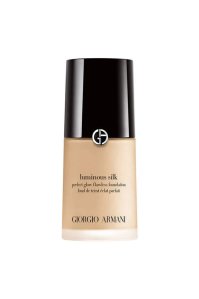
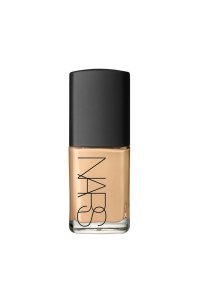
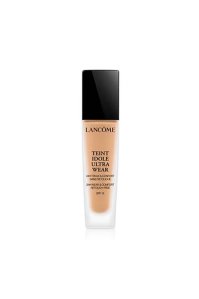

*Eliza may earn commission on sales from these product links
What’s the best type of foundation for combination skin?
Oily t-zone and arid cheeks? No sweat – just adjust coverage and finish according to what your skin needs on any given day. If your skin is feeling slick, a buildable satin matte formula is your friend. It’ll keep sebum in check and can be applied in sheer layers or mixed with your favourite serum or moisturiser for extra hydration and radiance in more parched areas.
How to apply foundation to combination skin
Stick to oil-free formulas and seek out foundation with added hyaluronic acid for lightweight hydration and bounce. Consider prepping skin with a mattifying primer just over oily bits and ensure that the foundation in the centre of your face blends seamlessly outwards. Makeup artist Aimee Connolly favours “foundation brushes for extra quick application.” “They bend around your jaw better than fingers or sponges,” she explains.
You’ll love:
What’s the best type of foundation for dry skin?
Those glowy foundations I mentioned? They’ll be right up your alley. The most innovative foundations rival top notch skincare in their capacity to boost moisture levels and enhance everything from the texture to the condition of your skin in both the immediate and short term.
Which ingredients should I be looking for?
Take Max Factor Miracle Pure Skin-Improving Foundation £13.99, with a dewy formula made up of 89% skincare actives including glow-giving antioxidant vitamin C, hydrating hyaluronic acid and anti-inflammatory squalane. Dior Forever Skin Glow Foundation, £40, meanwhile, was reformulated in 2022 to boast an impressive 86% skincare base – nutrient-rich wild pansy is a particular hero ingredient for its plumping effect. Supercharge your skincare/foundation hybrid by applying it on top of moisturiser (plus SPF) to keep skin juicy throughout the day.
Tips on applying foundation to dry skin
As a rule, seek out cream, serum and tinted moisturiser formulas that offer light to medium coverage and create a smooth, soft finish. If you find that foundation tends to creep into fine lines or creases, cup and press your face with clean hands after you’ve applied your base to help makeup to melt into skin (an old makeup artist trick).
Bobbi Brown Pro Artist Zara Findlay also recommends applying foundation in fine layers: “we often put on far too much makeup to begin with and that’s one of the main causes of foundation gathering in patches on the skin.”
You’ll love:
What’s the best type of foundation for sensitive skin?
In addition to the greasy moments, I’d file my skin under ‘sensitive,’ as I experience rosacea flare-ups on the regular. When my skin’s red hot I crave a base that’ll knock back redness, ideally while soothing inflammation. Oil-free liquid and gel foundations with enough coverage to even out skin tone are my go-to. I’ll occasionally mix in or top up coverage with a heavy-duty concealer if a flare-up is especially severe or results in scarring.
Which ingredients should I avoid with sensitive skin?
When buying a foundation, steer clear of fragrant formulas (if ‘parfum’ or essential oils are towards the front of the ingredients list, it’s probably best avoided) and stick to non-comedogenic products to prevent bacteria build-up. High levels of alcohol can aggravate the delicate skin barrier too.
Which ingredients should I be looking for to sooth sensitive skin?
Instead, look for soothing formulations that help to repair skin during daily wear. Skincare-based foundations can offer physical relief and confidence-boosting coverage for reactive skin. Try L’Oréal Paris True Match Liquid Foundation, £9.99, which has had a 2022 refresh to include sensitive-skin friendly hydrators such as aloe vera, glycerin and hyaluronic acid.


